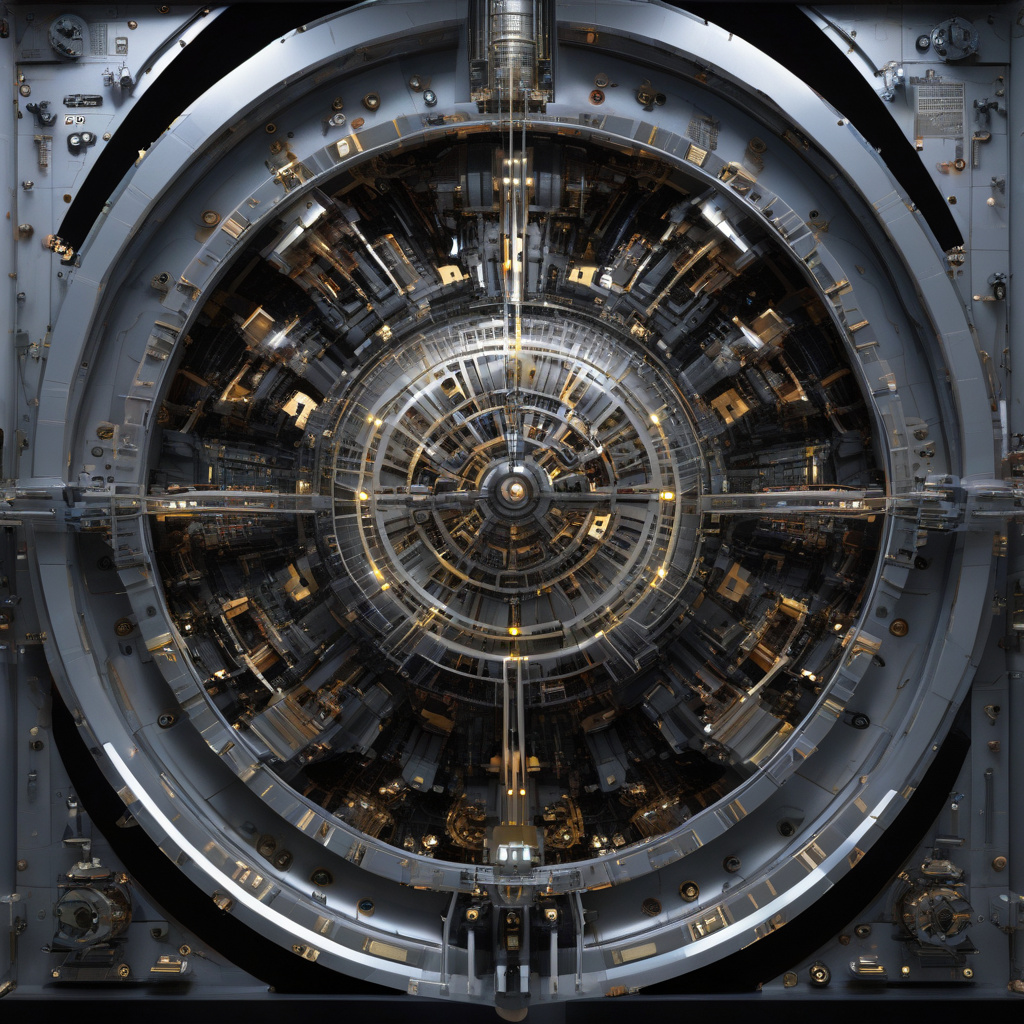New Nuclear Clock Technology: A Breakthrough in Dark Matter Detection
A team of German scientists has proposed a new way to detect dark matter and potentially unlock the secrets of the universe. Through the development of nuclear clock technology, the team aims to detect dark matter signals that are a staggering 10 trillion times weaker than gravity. This groundbreaking innovation could revolutionize our understanding of the cosmos and lead to unprecedented advancements in the field of astrophysics.
Dark matter, the mysterious substance that makes up approximately 85% of the universe’s mass, has long eluded detection due to its elusive nature. Traditional detection methods have proven ineffective in capturing dark matter signals, leaving scientists with more questions than answers. However, the new nuclear clock technology offers a promising solution to this longstanding problem.
Unlike conventional clocks that rely on electromagnetic transitions in atoms, nuclear clocks utilize transitions in the nucleus of an atom. This allows for far greater precision in timekeeping, making nuclear clocks incredibly sensitive to external influences such as dark matter interactions. By harnessing this enhanced sensitivity, scientists believe they can finally detect the faint signals emitted by dark matter particles.
The implications of this technology are vast and far-reaching. Detecting dark matter at such weak levels could provide valuable insights into the fundamental properties of the universe, such as the nature of dark matter itself and its role in shaping the cosmos. Furthermore, the ability to detect dark matter signals with such precision could open up new avenues for research in particle physics and cosmology.
In addition to its scientific implications, the development of nuclear clock technology showcases the power of innovation and collaboration in pushing the boundaries of human knowledge. By bringing together experts from various disciplines, the German team was able to develop a cutting-edge technology that has the potential to revolutionize astrophysics and cosmology.
While the technology is still in its early stages, the prospect of detecting dark matter signals 10 trillion times weaker than gravity is a tantalizing one for the scientific community. As researchers continue to refine and improve nuclear clock technology, we may be on the brink of a new era in our understanding of the universe and the mysteries it holds.
In conclusion, the development of new nuclear clock technology represents a significant step forward in the quest to detect dark matter. By harnessing the incredible sensitivity of nuclear clocks, scientists are poised to unlock the secrets of the cosmos and shed light on one of the greatest mysteries of the universe.
dark matter, nuclear clock technology, astrophysics, scientific innovation, cosmology












